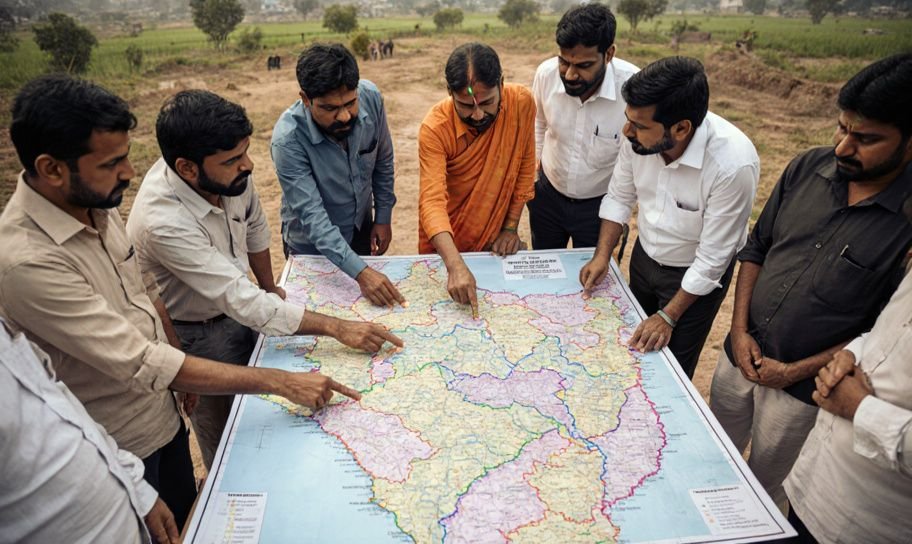
Quick Summary: The High Court threw out several requests that challenged the final setup of voting areas in Maharashtra. The court stressed the importance of holding local elections quickly, as instructed by the Supreme Court.
A group of requests were made against the final setup of voting areas in different parts of Maharashtra. These requests were mainly about complaints regarding how the voting areas were divided for upcoming local elections. Shamrao Kondiba Salunke and other people were unhappy about certain villages being included or left out of specific voting areas.
The court looked at its power under a rule that limits how much it can get involved in election matters. The judges, Manish Pitale and Y.G. Khobragade, mentioned past Supreme Court decisions that said courts should not get involved in how voting areas are divided unless there's a major legal problem.
“The Supreme Court has emphasized upon the need to hold elections in a democracy, so that local self-government is achieved at the earliest.”
Petitioners' Claims: Shamrao Kondiba Salunke and others argued that the voting area boundaries were changed randomly, helping certain political parties. They said the changes did not follow the rules set by the government order dated June 12, 2025.
Court's Observations: The court found that the complaints were looked into, and the correct steps were taken by the authorities. The judges noted that the authorities followed the rules, like keeping population balance and considering natural boundaries.
The Supreme Court had earlier instructed that local elections in Maharashtra be held within four months. This order was a big reason why the High Court decided to dismiss the requests, as getting involved would slow down the election process.
The court decided that Shamrao Kondiba Salunke and the other people did not show any unfairness or bad intentions in the actions of the authorities. All requests were dismissed, allowing the election process to continue without more legal obstacles.
“We are conscious of the fact that if we lightly interfere in such matters, it would result in derailing the entire election process.”
This decision highlights the court's role in balancing careful legal checking with the need to support democratic processes.
This blog post provides a simplified overview of a complex legal judgment, focusing on the main events and decisions. For those interested in the detailed legal reasoning, consulting the full text of the judgment is recommended.